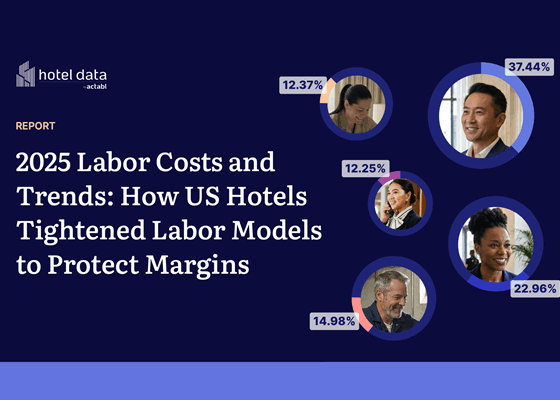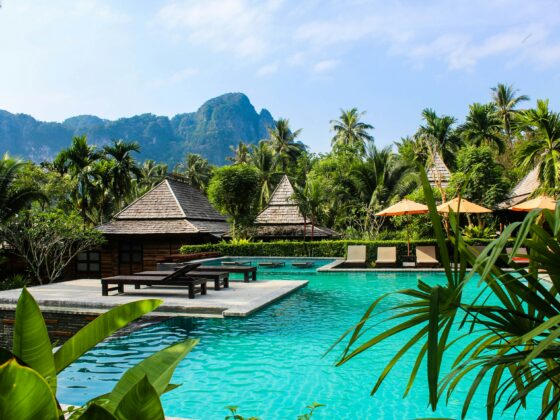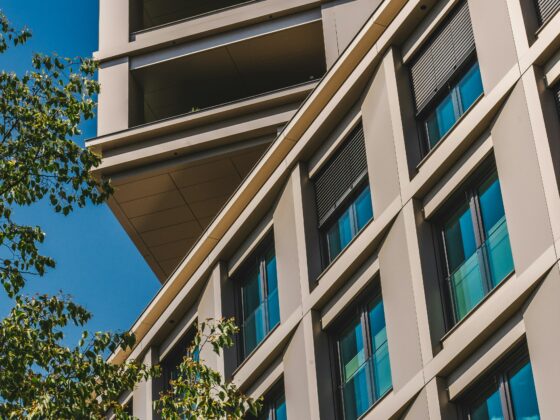And why you should build a moat instead of trying to please everybody.
If you’ve been remotely online in 2024, you’ve probably read at least one article claiming that personalization is the future of the travel industry. You’ve seen surveys where 68% of respondents rank “more personalization” as their top travel desire. Search “personalization in travel” on Google News, and there’s likely a new article every day singing its praises.
So, why am I so confident that personalization is not the right path forward for hotels?
There are over 220 countries in the world, yet when you opened Instagram this past summer, your feed was probably filled with photos of your friends in Greece. The summer before that, it was Puglia. The images are eerily similar: the iconic blue Mediterranean waters, octopus drying under the sun, whitewashed houses, all framed in the same way. Here’s a key detail: these pictures rarely feature faces anymore. They’re designed to be generic—relatable to as many people as possible. They aren’t personal; they’re mostly clout-chasing.
This isn’t limited to travel. Restaurants tell a similar story. In New York City, home to over 25,000 restaurants, everyone seems to be rushing for the same 30 spots. Why? Not because those places offer tailored, personalized dishes, but because they carry cultural influence. You could have a chef downstairs willing to prepare any meal you desire, yet people would rather stand in line outside a place Taylor Swift dined at twice last month.
From Tokyo to Toronto, places even without trying to be same still all look identical. It is well documented in Kyle Chayka’s article “airspace” how algorithms have homogenized culture, leading to a world where independent coffee shops are all the same. The exposed brick walls, Edison bulbs, and minimalist decor are not coincidental. They’re designed to meet expectations shaped by the algorithms governing our digital lives.
The argument for personalization isn’t new. Starbucks pioneered the idea decades ago, offering what feels like a million drink combinations (170 000 according to the company). But has that been an unequivocal success? Some argue that this over-personalization contributed to decision fatigue for customers and operational headaches for baristas. Instead of delighting, it overwhelmed.
The truth is, people often don’t want personalization. They crave shared experiences. Humans are social creatures, naturally inclined to form tribes based on common norms and experiences. Personalization runs counter to this instinct.
Furthermore humans are “status-seeking monkeys.” This idea explains how behaviors are often driven by a desire for social recognition. By doing what everyone else is doing—going to the same destination, eating at the same restaurant—people signal belonging and status.
In some cases, the signaling itself becomes more important than the experience. Post-Covid, being seen in the queue is better than actually buying something. Patrons could line up early morning in front of Appartment 4F, just to snatch a croissant (before it runs out) and a pics for the gram.
Why Unique Experiences Trump Personalization.
Advocates for personalization often argue that it creates lasting impressions and builds brand loyalty. My counter-example: Paul Bocuse. Bocuse, who passed away in 2018, crafted his legendary reputation on one dish: Bresse chicken cooked in a bladder. It’s still served at his namesake two-Michelin-star restaurant, requiring reservations months in advance. Guests don’t come here for personalization or choices (it s a “prix fixe” menu…)—they come for the craft.
Building a distinct itentity based on your craft (or as Warren Buffet calls it: a moat) is what will set you apart. In a world where AI is increasingly democratized and data about guest preferences are widely available, personalization becomes a commodity, not a competitive advantages. If your hotel offers an experience so unique that it becomes a destination in itself, that’s what will drive loyalty and demand.
So, forget personalization. Build something iconic. Make your hotel the reason people travel.








